Bomond na kraiu imperii: derzhava i stsena v radianskiy Ukraini [Beau Monde on Empire's Edge: State and Stage in Soviet Ukraine]
An important monograph by historian and theater researcher Mayhill Fowler (translated into Ukrainian by Yaroslava Strikha), first published by University of Toronto Press in 2017 (Beau Monde on Empire's Edge: State and Stage in Soviet Ukraine).
In the Ukrainian edition, prepared in collaboration with the Center for Urban History, the author explores the complex relationship between art and the state in Soviet Ukraine in the 1920s and 1930s through the collective biography of artists and officials who created culture in the diverse environment of Kharkiv at that time. The main characters of this book—Les Kurbas, Mykola Kulish, and Ostap Vyshnia—had been creating a modern, innovative theater on par with the best European models, yet their names are still little known and remain on the margins of research. How did this happen? Mayhill Fowler writes about the paradoxes of Soviet artistic culture and its transformation: from unique artistic centers on the periphery of the former empire (particularly in Kharkiv) to the centralization of culture in Moscow; from the joint development of a new Ukrainian culture by artists and officials to the “crossing of the world of arts and the world of officialdom,” where “the space between the worlds of people working in the state and those working in the arts dissolved… consolidating into the categories of official artists and arts officials in the Stalinist 1930s.”
A system where “artists gained power through their relations with the state, and the state gained power by supporting culture” is the world of the beau monde, “a connection between the arts and the state unique to the Soviet Union, [where]... artists were so important that they received the highest accolades, as well as prison sentences and bullets in the head.”
“Above all, theatre is play. To play well on stage demands spontaneity, improvisation, and creativity. To play well in the audience demands a willingness to experience emotion or the unexpected. In other words, planning and control, with which we associate the Soviet project, are inimical to the good play. The world of the theatre then allows an examination of the paradoxes of Soviet artistic culture: theatre was by its nature not a mass medium, yet it was created for the Soviet masses. Theatre was a place of spontaneity and play, in a planned and controlled dictatorship. Theatre represented the world, and simultaneously tried to change it.”
- Cover: Paperback
- Language: Ukrainian
- Number of pages: 384
- Parameters: 170 x 240 mm
- Year: 2025
- Category: Monograph
- ISBN: 978-617-7482-68-9
Mayhill Fowler
Ph.D., професорка Стетсонського університету
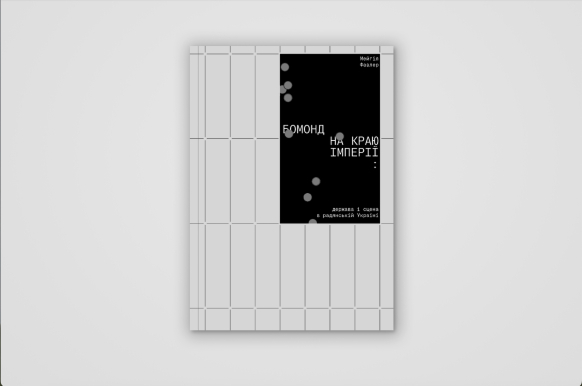
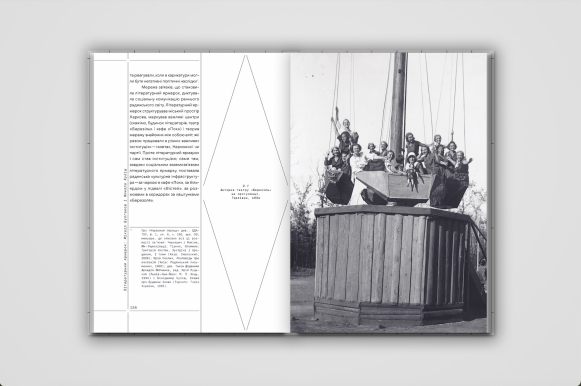
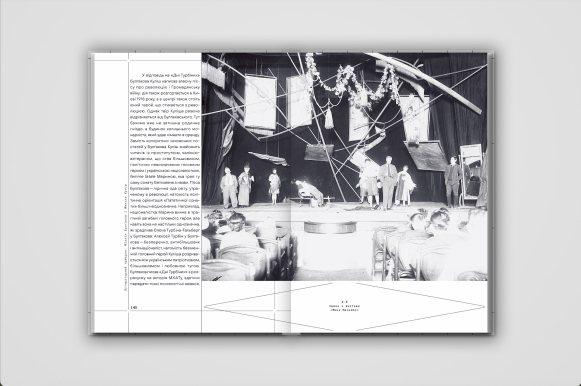
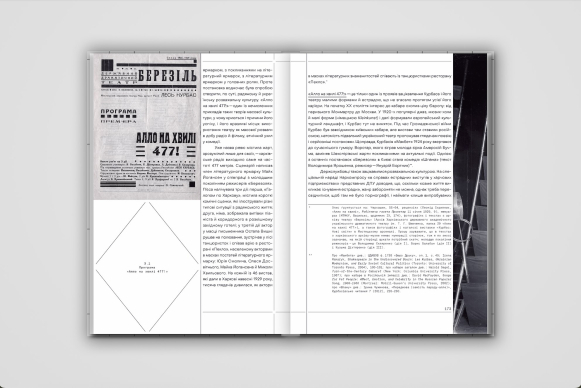
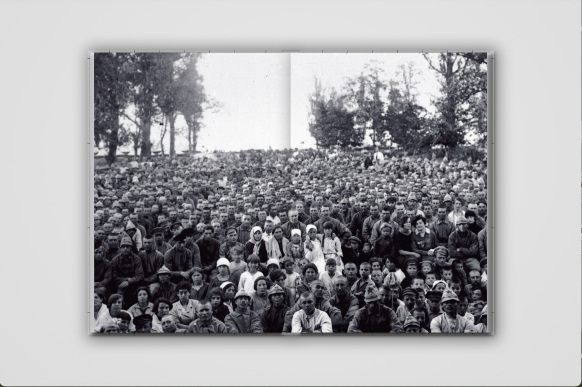
![‘Nova Generatsia’ i mystetskyi modernism v Ukraini [The New Generation and Artistic Modernism in Ukraine]](/upload/media/product_preview/0001/03/thumb_2235_product_preview_smaller.jpeg)
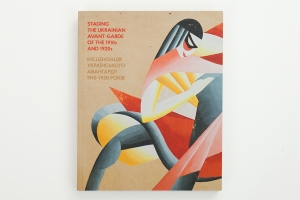
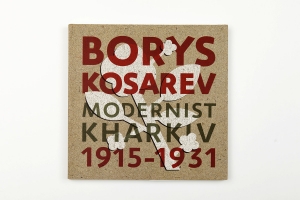
![Carte Blanche Anatolia Petrytskoho [Anatol Petrytsky’s Carte Blanche]](/upload/media/product_preview/0001/02/thumb_1945_product_preview_smaller.jpeg)